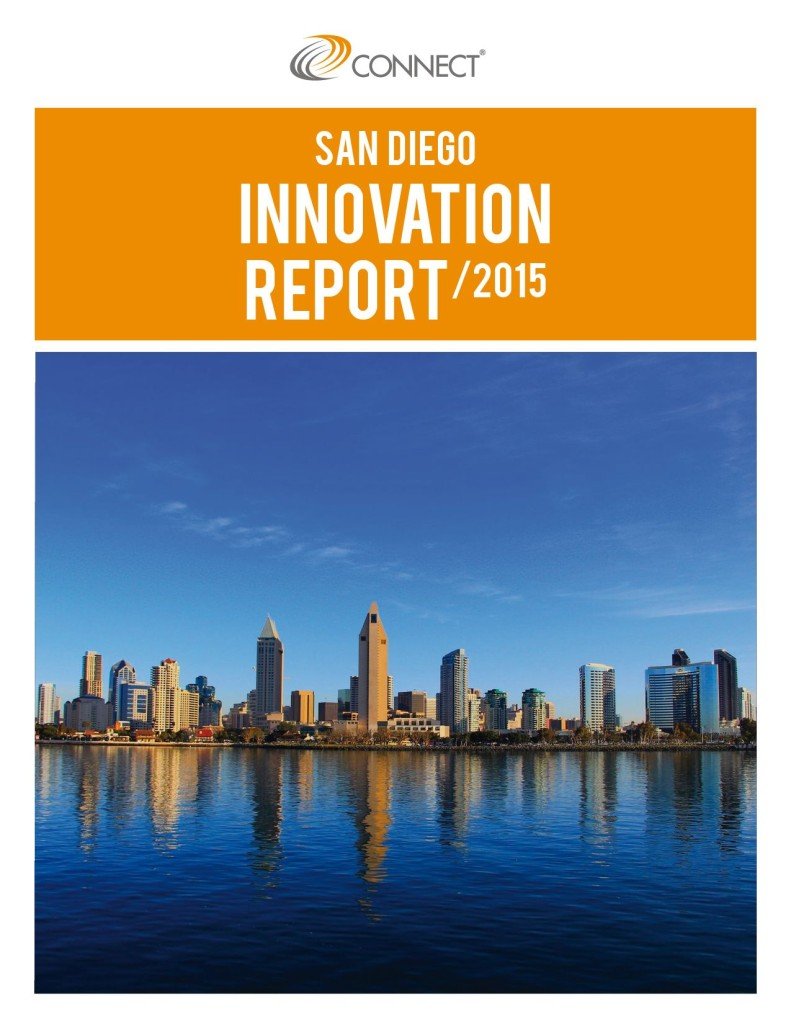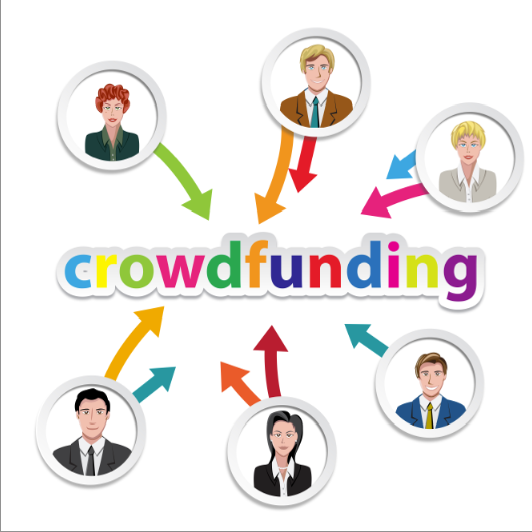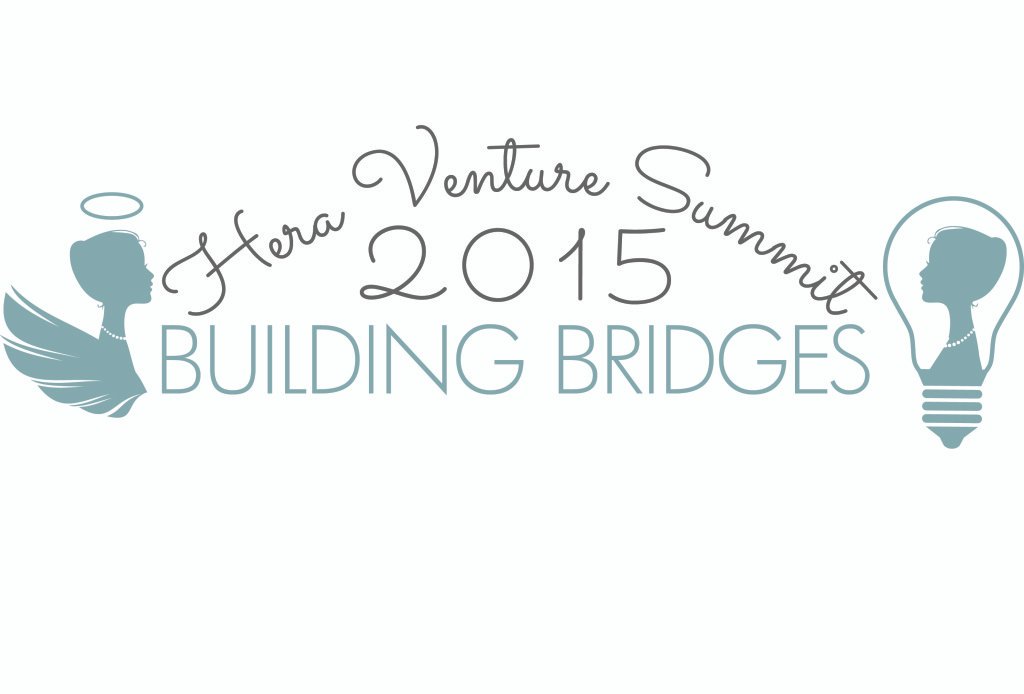TSG’s Highlights from the Connection Innovation Report: San Diego

CONNECT, a San Diego non-profit helping to create and scale innovation companies, assists entrepreneurs by providing resources that allow them to grow their business. Since 2005, they have measured the growth in economic innovation in San Diego. We highlighted the key findings of the report to showcase the advancement of San Diego’s entrepreneurial growth. We […]
5 Excellent Startup Tips on Securing a Bank Loan

It’s no secret that securing bank funding for your startup is difficult these days – but it’s not impossible. Give yourself better odds with these 5 simple Startup tips: Write a clear and convincing business plan. Business owners must build a strategy from the very beginning around being “lendable,” so a business plan helps lay […]
5 Reasons to Attend The USD V2 Pitch Competition For Entrepreneurs

On Thursday April 28th University of San Diego School of Business will hold an exciting competition in a “Shark Tank” like setting. Top student entrepreneurs from USD and Tijuana will compete for a total of $100,000 in cash and invaluable mentorship and support. The Startup Garage Team Compiled The Top 5 Reasons this is a […]
Crowdfunding For Equity: Title III and Equity Crowd Funding 101

What is Equity Crowdfunding? Equity crowdfunding is on the rise after the signing of the Jumpstart Our Business Startups (JOBS) Act was signed by President Obama in April 2012. Simply put, it is a type of crowdfunding that enables broad groups of investors to fund startup companies and small businesses in return for equity. Three […]
Entrepreneur Mindset: Lottery Players and Startup Unicorns

4 MindSet Similarities Between Startup Unicorns and Lottery Players As of March 17, 2016 CB Insights’s real time unicorn tracker, lists that 155 Startup Companies are valued at $1 billion or more with a total cumulative valuation of $550billion. A steady increase of 111 new companies since February 2014. Although, the exclusive startup unicorn club […]
How Does A Convertible Note Works For Startups?

A convertible note is an investment instrument intended to provide a startup company with early stage financing. It’s a compromise of sorts, blending the downside protection associated with a loan and capturing the upside potential of selling equity shares. Why are they used? It can be very difficult for investors and entrepreneurs to agree on […]
Top 8 Success Tips For First Time Founders

As a Startup entrepreneur it’s easy for your work to become your life, and 8 years to effortlessly slip by. I founded what has become The Startup Garage in January of 2008 with passion for helping entrepreneurs start and launch companies of impact. Our business, team, and services have evolved, transformed, and changed many times […]
Why To Take Caution With Investor “Finders”

There are many service providers that offer to help startups with attracting investors, colloquially referred to as “finders.” While they prefer to be called business brokers or consultants, most finders are either CPAs, insurance brokers, retired executives, or former entrepreneurs. They mostly operate in the Angel landscape, targeting deals between $100K to $2M. Typically, they […]
Business Plan Writer vs. Business Plan Strategic Consultant

People often ask me, “What are my options for writing a business plan?” At the highest level, there are two options, writing it yourself or hiring someone else to do it for you. The benefits of writing the business plan yourself are that you will save money and you will learn a lot about your […]
7 Reasons Why Hera Venture Summit Is A Must Attend Startup Event

On Aug 4, 2015 The White House, Tech Giants, Entrepreneurs, and Venture Capitalists across America committed to invest in the future of women in business. A commitment that set the stage for previously untapped opportunities for female founders. Leading the forefront of female entrepreneurship is the conglomeration of Hera Hub= Female focused Co-working Space Hera […]

